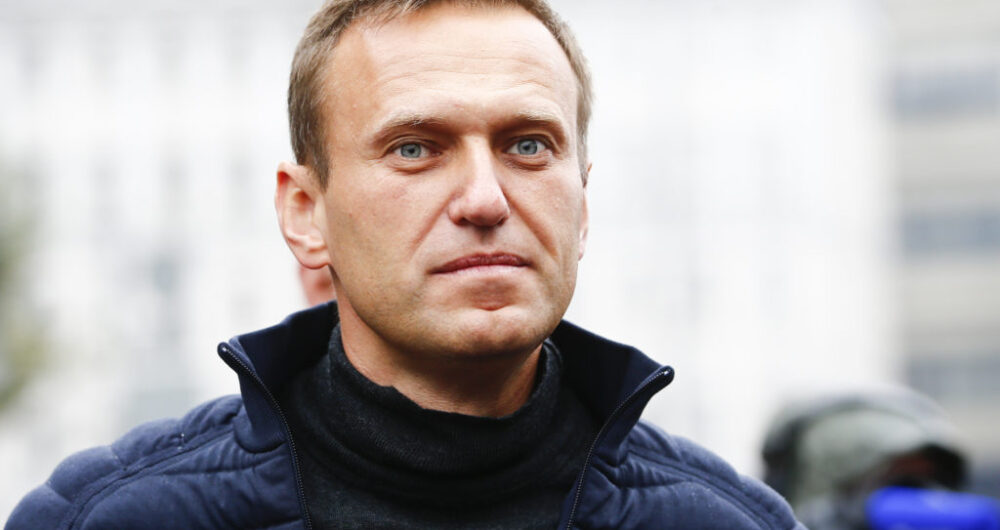The US and the UK have frozen the assets of seven Russians suspected to be members of Russian secret services behind the poisoning of Alexei Navalny, according to Reuters.
In August 2020, Navalny was transported unconscious to Berlin from a hospital in Omsk, Siberia, which had originally received him with symptoms of poisoning.
Toxicology done by a German military laboratory indicates Navalny was poisoned by a banned nerve agent, Novichok.
Britain and the United States issued a joint statement on the first anniversary of Navalny’s imprisonment.
Both countries called on Russia to respect the Chemical Weapons Convention.
The seven sanctioned men are: Alexej Alexandrov, Vladimir Panjajev, Ivan Osipov, Vladimir Bogdanov, Kirill Vasiljev, Stanislav Makšakov, Alexej Sedov.
According to Reuters, none of the sanctioned men has commented on the issue yet.
“Evidence including phone and travel records suggest that Alexey Alexandrov was one of the operatives involved in the use of a chemical weapon in the attempted assassination of Russian opposition leader Alexey Navalny during his August 2020 visit to Siberia,” wrote Reuters, citing the updated version of the British sanctions list published on the government website.
The UK Foreign Secretary Dominic Raab sees the extension of the sanctions list as a warning to Russia.
“Through our chemical weapons sanctions…we are sending a clear message that any use of chemical weapons by the Russian state violates international law, and a transparent criminal investigation must be held. We urge Russia to declare its full stock of Novichok nerve agents,” said Dominic Raab.
Russian Foreign Ministry’s spokesperson Maria Zakharova said on social media that the “unilateral sanctions are illegitimate as they have not been approved by the UN Security Council.”
“Russia has destroyed the chemical weapons arsenal in line with international obligations it has taken upon itself. You can’t say the same about the NATO countries, for example, the USA,” she added.
Novichok poisoning has also been confirmed by the International Organization for the Prohibition of Chemical Weapons (OPCW).
Navalny attributes the attack to Putin and the Russian secret service FSB, but the Kremlin denies all allegations.
The opposition leader is now serving a 2.5-year prison sentence for alleged embezzlement.
The European Court of Human Rights considers his trial unfair.
Image: Sefa Karacan/Anadolu Agency via Getty Images




